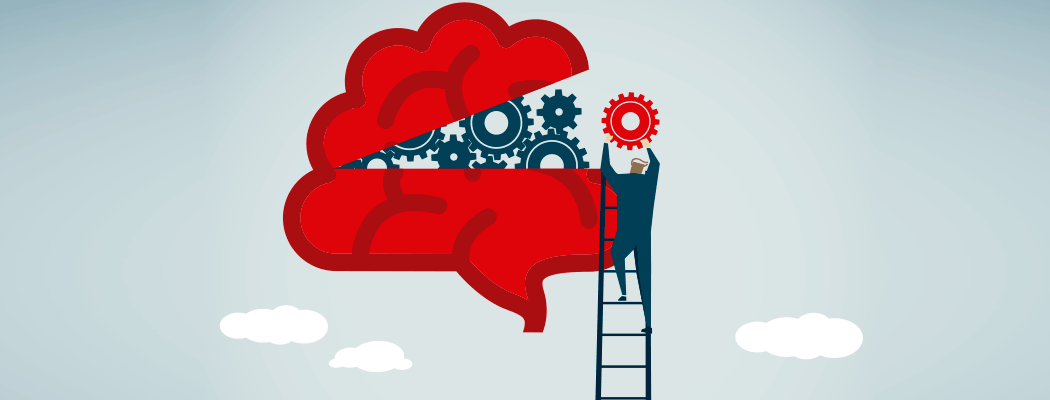TEXT SARA ELENA TORRES HORTAL | IMAGES ISTOCK
We are embarking on a new cycle this year with a solid, profitable business to face the 2022–2024 period, and we have a strategic plan that will require our constant adaptation to meet society’s new demands. This plan has three interconnected pillars:
• Constant, balanced, and profitable growth
We are in various markets, and each of them require us to prioritize and promote value offers that are sustainable, differentiating, and scalable.
• Efficiency and productivity
We must reach our customers, providers, etc. agilely and quickly, and we must improve costs and technical management by relying on technology.
• Cultural and organizational transformation
We must move towards a more agile and flexible organization, with greater capacity to adapt to business priorities, and rely on the appropriate profiles.
To support MAPFRE’s new 2022–2024 plan, the Corporate People and Organization Area’s strategy is focused on Organizational Management of Change, with three challenges: the transformation of skills, organizational flexibility and agility, and transformative leadership.
To achieve the transformation of skills, work must be done in two main areas:
Our employees must evolve professionally to respond to the requirements of the business. The way we work today will hardly ever resemble the way we’ll be working a couple of years from now. Therefore, we must develop new skills that are not usually required in today’s labor environment, or that are applied for different purposes.
MAPFRE is working to improve people’s employability with development plans, career plans, training road maps, and upskilling and reskilling plans to transform our skills into the ones needed by the business to continue advancing.
The company’s objective for this three-year period is for 50% of the new vacancies published to be filled by MAPFRE personnel, by employees who undergo this transformation and are trained in the necessary skills.
This evolution will require constant training and capacity to respond to changes.
Each of us is responsible for how we evolve and develop, so that we can do our best from a technical and business standpoint.
At MAPFRE, we believe in people’s potential, and we know that they need to feel that they have a future, where their professional careers and knowledge will continue to evolve, as an asset of the company.
In this regard, MAPFRE aims to help its employees take charge of their development, because we must use self-development as a way to prepare to meet the organization’s challenges and not lose touch.
There is a two-way commitment between MAPFRE and its employees.
The company will give us the means to identify the extent to which our position meets its needs for knowledge. That way, we can develop new skills in order to prepare ourselves for the positions that the company needs. It will also indicate the vacancies related to our development plan and the positions we have indicated as our preferences.
Moreover, MAPFRE is working to improve people’s employability with development plans, career plans, training road maps, as well as upskilling (to improve our own function) and reskilling (to acquire new skills that allow us to perform another function) plans to transform our skills into the ones needed by the business to continue advancing. Thus, the company’s objective in this three-year period is for 50% of the new vacancies published to be filled by MAPFRE personnel, by employees who undergo these transformations and are trained in the necessary skills.

We will accompany the nearly 6,000 MAPFRE leaders around the world, helping them to form stronger connections to the external and internal environment, to develop and focus on their teams, to get to know each other better, and to develop basic skills so that they can become exemplary and influential leaders.
We encourage you to identify and anticipate the needs of the business, because we are all responsible for our company’s present and future sustainability.
In terms of organizational agility, we will focus on project management, knowledge enhancement, and collaborative management between departments and even between countries, promoting team autonomy.
We will make our daily operations more agile by adopting new work methods, along with our collaborative tools (in the Digital Workplace), and flexibility in terms of both schedules and locations, whether our work is project-based or performed within our own functions. Here, we’ll be focusing on:
• The customer
• Rapid delivery
• Management of priorities
• The importance of data
Formulas such as the Digital Workplace, the hybrid work model, or the project management model are resources that can help us achieve this flexibility, agility and organizational efficiency.
With organizational flexibility, new technologies will allow us to automate our processes so we can focus on the tasks that contribute the most value.
In short, new work methods that encourage communication, collaboration, access to information, knowledge management, and productivity in the workplace.
Transformative leadership is a three-year plan that aims to accompany and guide leaders so they can work and lead differently, and thus reach their full potential.
The management of change process that is being designed will guide the almost 6,000 MAPFRE leaders worldwide, helping them to form stronger connections with the external environment (market trends) and the internal context (MAPFRE organizational knowledge). This will help them to develop and focus on their teams, get to know each other better, and develop the basic skills needed to become influential and exemplary leaders.
These three challenges, which will take shape in projects to be carried out in each country, will have their associated compliance indicators.
Achieving them will further our transition to a more open, more digital, and more transformative company.



